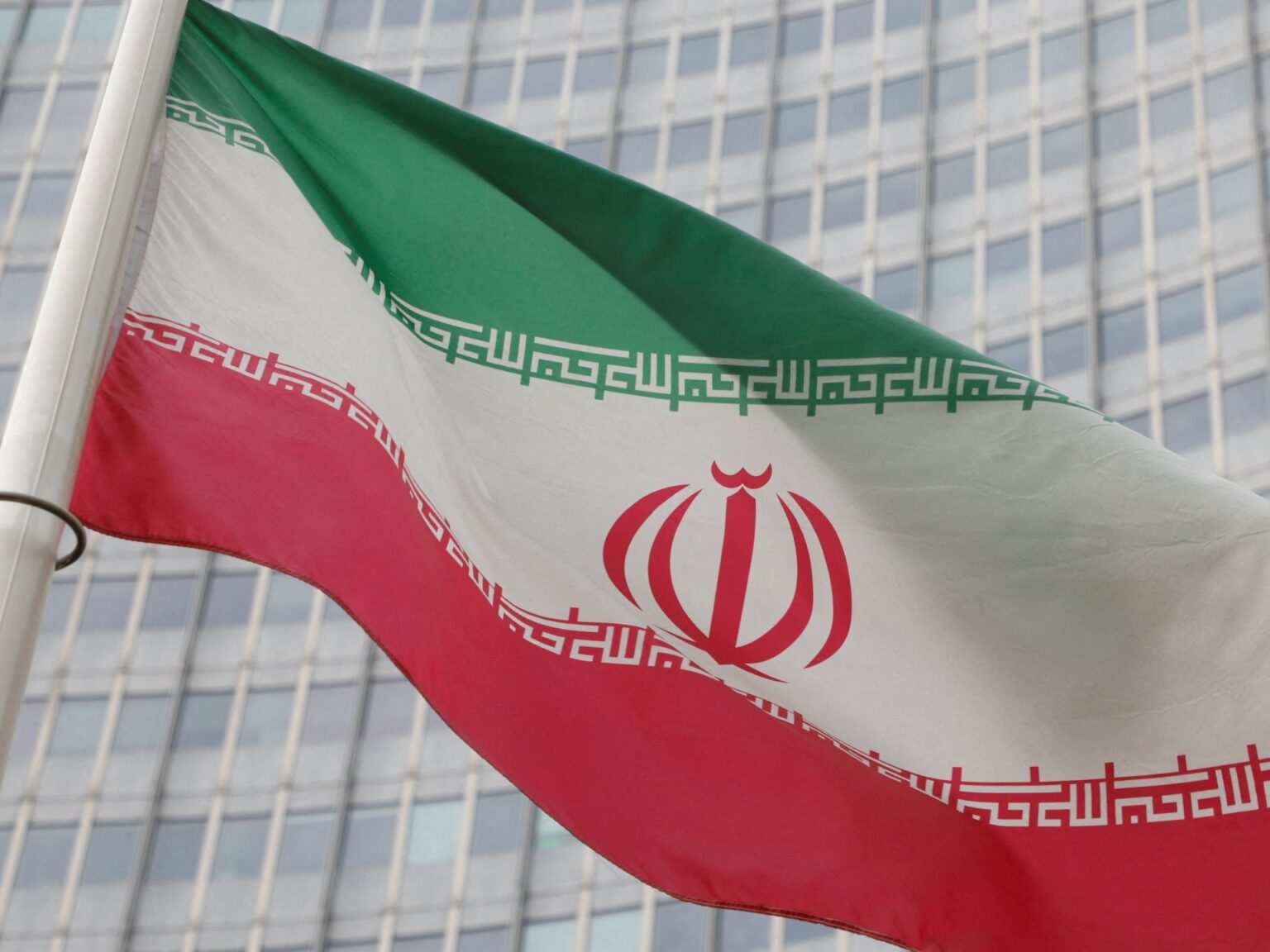The IAEA is yet to make a statement about the meeting, which will not include a visit to Iranian nuclear sites.
Iran’s talks with the International Atomic Energy Agency (IAEA) will be “technical” and “complicated”, the Ministry of Foreign Affairs has said, ahead of a visit by the United Nations nuclear watchdog for the first time since Tehran cut ties with it last month in the wake of the June conflict triggered by Israeli strikes.
Esmaeil Baghaei, Iran’s Foreign Ministry spokesperson, told reporters on Monday that a meeting may be organised with Minister of Foreign Affairs Abbas Araghchi during the IAEA’s visit, “but it is a bit soon to predict what the talks will result since these are technical talks, complicated talks”.
The IAEA’s visit marks the first to Iran since President Masoud Pezeshkian ordered the country on July 3 to suspend its cooperation with the nuclear watchdog after an intensive 12-day war with Israel. The conflict also saw the United States launch massive strikes on Israel’s behalf against key Iranian nuclear sites.
Pezeshkian told Al Jazeera in an interview last month that his country is prepared for any future war Israel might wage against it, adding that he was not optimistic about the ceasefire between the countries. He confirmed that Tehran is committed to continuing its nuclear programme for peaceful purposes.
He added that Israel’s strikes, which assassinated leading military figures and nuclear scientists, damaged nuclear facilities and killed hundreds of civilians, had sought to “eliminate” Iran’s hierarchy, but “completely failed to do so”.
Deputy Foreign Minister Kazem Gharibabadi told Iran’s state-run IRNA news agency on Monday that Massimo Aparo, the IAEA’s deputy director general and head of safeguards, had left Iran. Aparo met with an Iranian delegation, which included officials from the Foreign Ministry and the IAEA, to discuss “the method of interaction between the agency and Iran”.
Gharibabadi said they decided to continue consultations in the future, without providing further details.
The IAEA did not immediately issue a statement about Aparo’s visit, which will not include any planned access to Iranian nuclear sites.
Relations between the IAEA and Iran deteriorated after the watchdog’s board said on June 12 that Iran had breached its non-proliferation obligations, a day before Israel’s air strikes over Iran, which sparked the conflict.
Baghaei, meanwhile, criticised the IAEA’s lack of response to the Israeli strikes.
“Peaceful facilities of a country that was under 24-hour monitoring were the target of strikes, and the agency refrained from showing a wise and rational reaction and did not condemn it as it was required,” he said.
Araghchi had previously said that cooperation with the agency, which will now require approval by Iran’s highest security body, the Supreme National Security Council, would be about redefining how both sides cooperate. The decision will likely further limit inspectors’ ability to track Tehran’s programme that had been enriching uranium to near weapons-grade levels.
Iran has had limited IAEA inspections in the past, in negotiations with the West, and it is unclear how soon talks between Tehran and Washington for a deal over its nuclear programme will resume, if at all.
US intelligence agencies and the IAEA assessed that Iran last had an organised nuclear weapons programme in 2003. Although Tehran had been enriching uranium up to 60 percent, this is still some way from the weapons-grade levels of 90 percent.
https://www.aljazeera.com/news/2025/8/11/iran-says-iaea-talks-will-be-complicated-ahead-of-agencys-planned-visit?traffic_source=rss


